Tired of skincare products that promise miracles but deliver disappointment? Take inventory of what's under your sink: half-empty bottles of expensive creams that burned, broke you out, or did absolutely nothing.
You're searching for something better. Something natural that actually works. Something your skin can recognise and use instead of fighting against. The benefits of essential oils on skin go far beyond pleasant scents. These concentrated plant extracts deliver antimicrobial, anti-inflammatory, and regenerative effects backed by both ancient wisdom and modern science.
Acne won't clear itself, and fine lines keep deepening. Dryness persists despite endless moisturisers. Meanwhile, nature created solutions thousands of years ago that your great-grandmother knew about, but the beauty industry forgot.
Meet the skincare your skin will thank you for. At Anatomē, we combine modern science with nature’s intelligence to craft formulas that protect and nourish every layer of your skin. Start your ritual today and feel the transformation with every use.
What are Essential Oils?
Essential oils are concentrated plant extracts obtained through steam distillation or cold pressing. These oils capture the plant's beneficial compounds, fragrance, and therapeutic properties in a highly potent form.
A single drop contains the same active compounds as multiple pounds of plant material. This concentration explains why essential oils deliver powerful skincare benefits when properly diluted and applied.
Did You Know?
Essential oils contain small, lipid-soluble molecules that can penetrate the skin’s outer layers more effectively than many synthetic ingredients. This allows them to influence skin processes at a deeper level, rather than just sitting on the surface.
Each essential oil contains unique chemical constituents:
- Terpenes reduce inflammation and protect against oxidative stress
- Phenols provide a powerful antimicrobial action
- Alcohols offer gentle antiseptic properties
- Esters deliver calming and regenerative effects
- Aldehydes stimulate skin renewal
Antimicrobial Protection Against Infections
Essential oils provide natural antimicrobial protection against bacteria, fungi, and viruses that cause skin infections. Their complex chemical structures make it difficult for microorganisms to develop resistance. This gives them an advantage over synthetic antibiotics.
Fact:
Nearly 85% of adults experience acne at some point, spending over a billion annually on treatments. Natural antimicrobial oils can help manage mild acne and support conventional treatments, often with fewer side effects and lower costs.
Fighting Acne-Causing Bacteria
Acne develops when bacteria multiply in clogged pores. This triggers inflammation and breakouts. Essential oils combat this process naturally. Lavender oil specifically targets acne bacteria while reducing inflammation simultaneously. It works effectively without the harsh side effects of conventional treatments.
The antimicrobial action works through multiple mechanisms:
- Disrupting bacterial cell membranes
- Inhibiting bacterial enzyme production
- Preventing biofilm formation in pores
- Reducing the inflammatory response to bacteria
Pro Tip:
Apply diluted lavender oil directly to active blemishes twice daily. Many people notice reduced redness within a day or two of consistent use.
Essential Oils with Antimicrobial Properties (Lavender, Roman Chamomile)
- Lavender Oil combines antimicrobial properties with anti-inflammatory effects. It fights bacteria while simultaneously calming skin irritation. This makes it ideal for sensitive, acne-prone skin. Studies show it reduces acne-causing bacteria effectively.
- Roman Chamomile provides gentle antimicrobial protection perfect for sensitive skin. It fights infections while soothing inflammation. The calming properties make it suitable for reactive skin that can't tolerate harsher treatments.
Recommended Usage Tips
Always dilute essential oils before applying to skin. Use a 1-2% dilution for facial application. This translates to approximately 6-12 drops per ounce of carrier oil.
Application method for acne:
- Cleanse skin thoroughly and pat dry
- Mix 2 drops of lavender oil with 1 teaspoon of grapeseed oil
- Apply directly to blemishes using a cotton swab
- Use twice daily after cleansing
- Allow to absorb fully before applying other products
For preventive antimicrobial protection, add 3-4 drops of lavender oil to your regular moisturiser. This creates a protective barrier against bacterial colonisation.
Never apply undiluted oils to active breakouts or inflamed skin. This intensifies irritation rather than healing it. Stop throwing money at products that don't work. anatomē's Lavender Complex delivers real antimicrobial protection. Just get clear, healthy skin.
[Try Lavender Complex Now]
Anti-Inflammatory and Soothing Effects
Essential oils reduce inflammation by inhibiting inflammatory pathways at the cellular level. This makes them effective for conditions like eczema, rosacea, psoriasis, and general skin sensitivity. Unlike topical steroids that suppress immune function, essential oils modulate inflammation naturally. They support skin's healing processes without compromising barrier function. The benefits of essential oils on the skin include reducing redness, swelling, and discomfort.
Data-Driven Results:
Studies show that 62% essential oils can be used for the treatment of infections.
Managing Redness, Eczema, and Irritation
Chronic skin inflammation creates a vicious cycle. Inflammation damages the skin barrier, which allows more irritants to penetrate. This causes more inflammation. Essential oils break this cycle.
Chamomile oil contains chamazulene and bisabolol. These compounds specifically inhibit inflammatory enzymes. When applied to inflamed skin, they reduce prostaglandin production. This is the primary mediator of inflammatory redness and swelling.
For eczema and dermatitis, essential oils work by:
- Strengthening the lipid barrier
- Reducing histamine response
- Calming nerve sensitivity
- Supporting cellular repair
- Preventing bacterial secondary infections
Application for inflamed skin:
- Use 0.5-1% dilution (3-6 drops per ounce)
- Choose anti-inflammatory carriers like grapeseed or avocado oil
- Apply to affected areas 2-3 times daily
- Continue for a minimum of 2-3 weeks for lasting improvement
Best Oils for Inflammation (Chamomile, Lavender, Somali Frankincense)
- Roman Chamomile provides the most potent anti-inflammatory effects among common essential oils. It soothes reactive skin conditions and reduces visible redness. Perfect for calming irritation from environmental stressors or harsh products.
- Lavender offers dual benefits: anti-inflammatory properties combined with cellular regeneration support. It reduces current inflammation while helping skin heal damage from past inflammation.
- Somali Frankincense contains powerful anti-inflammatory compounds that calm chronic skin conditions. It reduces cytokine production and soothes deep tissue inflammation. Particularly effective for mature skin and long-term inflammatory issues.
Additional anti-inflammatory oils:
- Lavender (reduces swelling and redness)
- Roman Chamomile (gentle for reactive skin)
- Somali Frankincense (calms chronic conditions)
Application Methods For Calming Skin
- Gentle facial application: Mix 2-3 drops of chamomile oil with 1 tablespoon of carrier oil. Apply using upward, feather-light strokes. Never rub inflamed skin vigorously.
- Compress method: Add 4-5 drops of lavender oil to a bowl of cool water. Soak a clean cloth, wring out excess, and apply to inflamed areas for 10-15 minutes. Repeat twice daily for acute flare-ups.
- Spot treatment: Combine 1 drop Somali Frankincense with a dab of aloe vera gel. Apply directly to red, irritated patches. The cooling aloe enhances the anti-inflammatory effect.
- Evening ritual: Apply diluted chamomile oil to pulse points before bed. The aromatherapy benefits calm your nervous system. This reduces stress-related inflammation throughout the body, including skin.
Enhanced Skin Healing and Cell Regeneration
Certain essential oils, such as lavender and frankincense, have shown promise in supporting wound healing and promoting healthy skin turnover in preliminary studies. They stimulate fibroblast activity, increase collagen production, and support the formation of new, healthy skin tissue.
This regenerative capacity makes essential oils valuable for treating scars, healing minor wounds, and addressing sun damage or ageing skin.
Accelerating Wound Healing With Essential Oils
Wound healing progresses through four overlapping phases: hemostasis, inflammation, proliferation, and remodelling. Essential oils support each phase naturally. During hemostasis, oils like Somali Frankincense reduce inflammation and prevent excessive swelling. In the inflammatory phase, lavender and chamomile prevent inflammation from becoming chronic.
During proliferation, frankincense stimulates new cell growth. Finally, during remodelling, essential oils help organise collagen fibres properly to minimise scarring.
Essential oils promote healing through:
- Increasing blood flow to the injured tissue
- Stimulating growth factor production
- Enhancing keratinocyte migration
- Supporting angiogenesis (new blood vessel formation)
- Preventing bacterial infection during healing
Promoting Scar Reduction (Somali Frankincense, Lavender)
Somali Frankincense oil reduces the appearance of both old and new scars. It contains boswellic acids that promote healthy cell turnover. These compounds prevent excessive fibrosis. This stops the formation of raised, discoloured scars.
On the other hand, lavender oil specifically targets scar tissue remodelling through cellular regeneration. It encourages the breakdown of old scar tissue while supporting new skin formation.
Scar reduction protocol:
- Wait until the wound is fully closed (no open skin)
- Mix 2 drops Somali Frankincense + 2 drops lavender oil in 1 tablespoon grapeseed oil
- Massage gently into scar tissue for 2-3 minutes
- Apply twice daily for a minimum of 8-12 weeks
- Protect treated areas from sun exposure
Older scars require longer treatment, sometimes 6-12 months. Most people see visible improvement within the first month.
Healthy skin begins with balance. anatomē’s botanically active formulas pair essential oils with science-backed nutrients to strengthen, soothe, and renew from within.
Anti-Ageing and Photoprotection
Essential oils combat ageing through powerful antioxidant activity and cellular protection mechanisms. They neutralise free radicals, stimulate collagen production, and protect against environmental damage. These actions slow the ageing process. The benefits of essential oils on skin extend to genuine anti-ageing effects, not just temporary cosmetic improvements.
Reducing Wrinkles and Fine Lines
Wrinkles form when collagen and elastin fibres break down faster than skin can replace them. Essential oils address this problem from multiple angles. Somali Frankincense oil stimulates fibroblast cells that produce collagen and elastin. Regular application increases the density of these structural proteins. This reduces wrinkle depth. It also improves skin firmness.
Lavender oil encourages cellular turnover and regeneration. As old, damaged cells shed more efficiently, fresh cells take their place.
Anti-ageing application works best through:
- Consistent daily use over 8-12 weeks
- Higher concentrations (2-3% dilution)
- Combination of oils for synergistic effects
- Apply to slightly damp skin for better penetration
- Protection from sun exposure (oils alone don't provide SPF)
Anti-ageing serum recipe:
- 5 drops Somali Frankincense oil
- 3 drops lavender oil
- 2 drops Roman Chamomile oil
- 1 ounce grapeseed oil
- Apply 4-5 drops to face and neck nightly after cleansing
Protection Against UV and Environmental Stress
While essential oils don't replace sunscreen, they provide complementary photoprotection. Many oils contain compounds that reduce inflammation from UV exposure. They also repair UV-induced DNA damage.
Somali Frankincense and lavender oils show particular promise for post-sun application. They reduce the inflammatory response to UV radiation. They also help the skin recover from UV-induced stress and minimise the long-term effects of sun exposure.
Environmental protection strategy:
- Apply the antioxidant oil blend in the morning under SPF
- Reapply oil blend in the evening to repair daily damage
- Use higher concentrations after known UV or pollution exposure
- Store oils in dark bottles to preserve antioxidant potency
Essential oils also protect against pollution-induced skin ageing. Urban environments expose skin to particulate matter and ozone. These generate free radicals. Daily antioxidant oil application creates a protective barrier against these environmental stressors.
Balancing Sebum and Improving Skin Tone
Essential oils naturally regulate sebum production. This prevents both excessive oiliness and dryness. The balancing effect makes them valuable for all skin types, particularly oily and combination skin.
Unlike harsh astringents that strip oil and trigger rebound sebum production, essential oils work with the skin's natural feedback systems. This creates lasting balance.
Regulating Oil Production For Oily and Combination Skin
Oily skin occurs when sebaceous glands produce excess sebum. This is often triggered by hormones, stress, or using products that over-dry skin.
Essential oils normalise this production. They don't suppress it.
Lavender oil reduces sebum production while maintaining adequate moisture. It works by regulating hormonal influences on sebaceous glands. This prevents the rebound effect that worsens oiliness. Roman Chamomile oil demonstrates remarkable balancing properties. It calms inflammation that triggers excess oil production.
This makes it ideal for sensitive, oily skin.
Sebum-balancing benefits include:
- Fewer breakouts from clogged pores
- Reduced shine and enlarged pores
- Better makeup application and longevity
- More even skin texture
- Decreased need for blotting papers
Oil-control toner recipe:
- 4 drops lavender oil
- 3 drops Roman Chamomile oil
- 4 ounces distilled water
- Apply with a cotton pad after cleansing, before moisturising
Deep Moisturisation and Nutrient Delivery
Essential oils enhance skin hydration through multiple mechanisms beyond surface moisturisation. They strengthen the skin barrier and reduce transepidermal water loss. They also help skin retain its natural moisture more effectively.
Combined with carrier oils, essential oils deliver nutrients deep into skin layers. These nutrients support cellular function and long-term skin health.
Enhancing Skin Hydration Naturally
True hydration occurs when skin retains water effectively. It's not about simply adding moisture to the surface. Lavender oil supports skin barrier health and hydration, though more research is needed to confirm its effect on ceramide production. These compounds hold water molecules. This creates lasting hydration from within. While Somali Frankincense oil reduces transepidermal water loss significantly. It strengthens the lipid barrier between skin cells.
This prevents moisture from evaporating. Keeps skin hydrated longer.
Hydration enhancement works through:
- Strengthening intercellular lipid barriers
- Stimulating natural moisturising factor production
- Improving cellular water-binding capacity
- Reducing inflammation that impairs barrier function
- Supporting healthy cell membrane structure
Unlike humectants that draw water from deeper skin layers, essential oils help skin maintain its existing moisture. They improve their capacity to bind and hold water molecules.
This prevents potential dehydration.
Oils That Moisturise Deeply (Lavender, Grapeseed, Avocado)
- Lavender Oil provides intense hydration while regenerating skin cells. It's particularly effective for mature or dehydrated skin.
- Grapeseed Oil (as a carrier) delivers vitamin E and antioxidants. These restore lipid barrier function.
- Avocado Oil (as a carrier) combines deep moisturising with healing effects. It's excellent for extremely dry, cracked skin.
Rich in fatty acids and vitamins. Works well where the barrier function is severely compromised.
Deeply moisturising blends should include:
- Somali Frankincense (barrier strengthening)
- Lavender (cellular hydration)
- Roman Chamomile (calming, moisture retention)
Intensive hydration treatment:
- 3 drops lavender oil
- 2 drops Somali Frankincense oil
- 2 drops Roman Chamomile oil
- 1 ounce avocado oil
- Apply to damp skin twice daily
- For extra hydration, apply before bed
Cover with an occlusive layer at night. This maximises the moisturising effect.
Final Take
The six major benefits of essential oils on skin deliver comprehensive skincare solutions: antimicrobial protection against acne and infections, anti-inflammatory effects for sensitive skin, enhanced healing and cell regeneration, powerful anti-ageing and antioxidant protection, natural sebum balance for all skin types, and deep moisturisation with enhanced nutrient delivery.
How many more disappointments before you choose what truly works? The pricey department store creams. The viral miracle serums. The harsh prescriptions left your skin stripped and tired. None of them delivered. It is time to stop settling.
anatomē does not sell skincare. Every formula is powered by botanicals that work together in perfect harmony. From the first use, your skin begins to respond. Within a few weeks of consistent care, you’ll notice visible balance, clarity, and calm returning.
This is not another product. This is your turning point. Your skin has been waiting. Give it what it deserves.
Important FAQ's
Q1. Are essential oils good for your skin?
Some essential oils can benefit the skin by offering antioxidant, antimicrobial, and anti-inflammatory properties. Their effectiveness depends on correct dilution and the user's skin type, so always research before applying.
Q2. Which essential oils are best for acne-prone skin?
Lavender and Roman Chamomile are among the best for acne-prone skin. They provide natural antibacterial and soothing effects, but always dilute before use to prevent irritation or sensitivity reactions.
Q3. Can essential oils help reduce signs of ageing?
Certain oils, such as Somali Frankincense and lavender, contain antioxidants that may help reduce fine lines. They support healthier-looking skin, but they are not substitutes for clinically proven anti-ageing treatments like retinoids.
Q4. Are essential oils safe for sensitive skin?
Essential oils can irritate sensitive skin if not properly diluted. Always do a patch test first and use a carrier oil to reduce the risk of adverse reactions or contact dermatitis.
Q4. How do I use essential oils on my skin safely?
Dilute essential oils with a carrier oil before topical use. Avoid applying to broken or inflamed skin, and start with a patch test to ensure you do not react negatively.

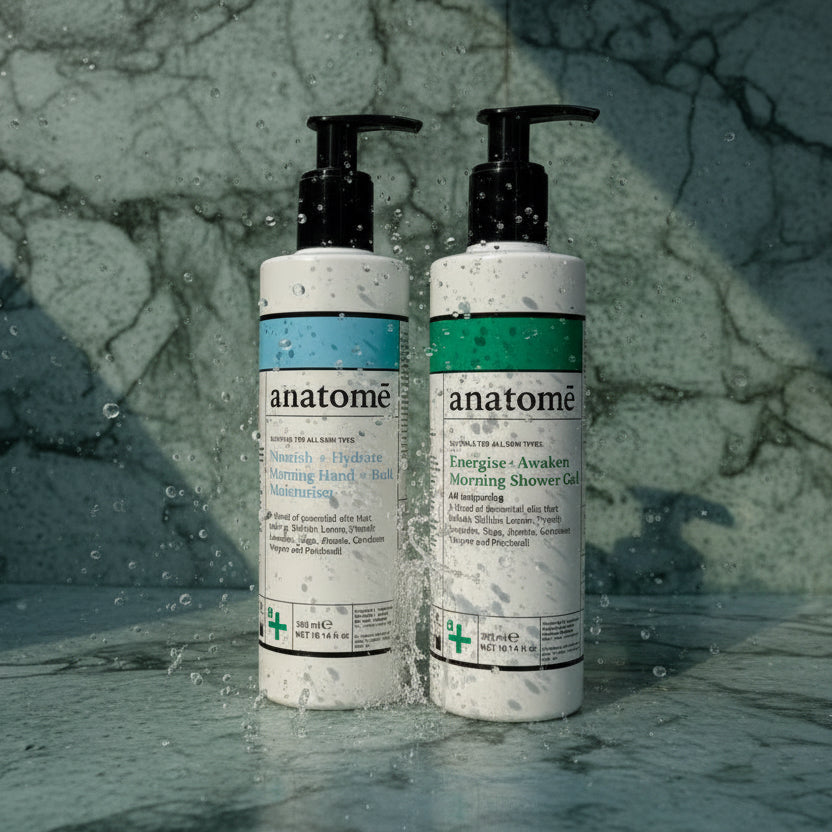

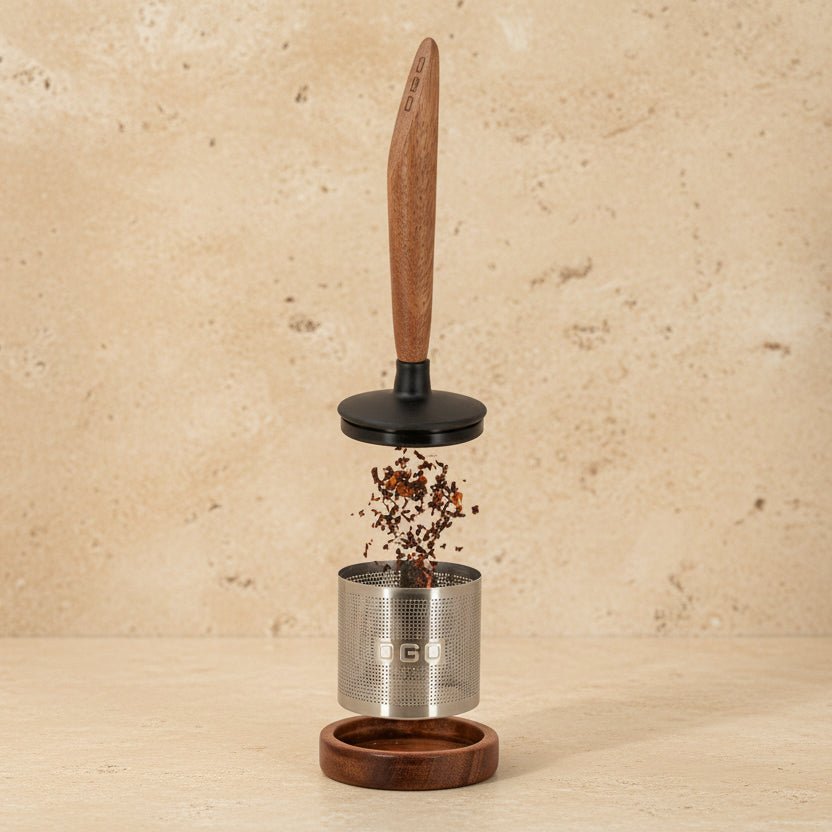
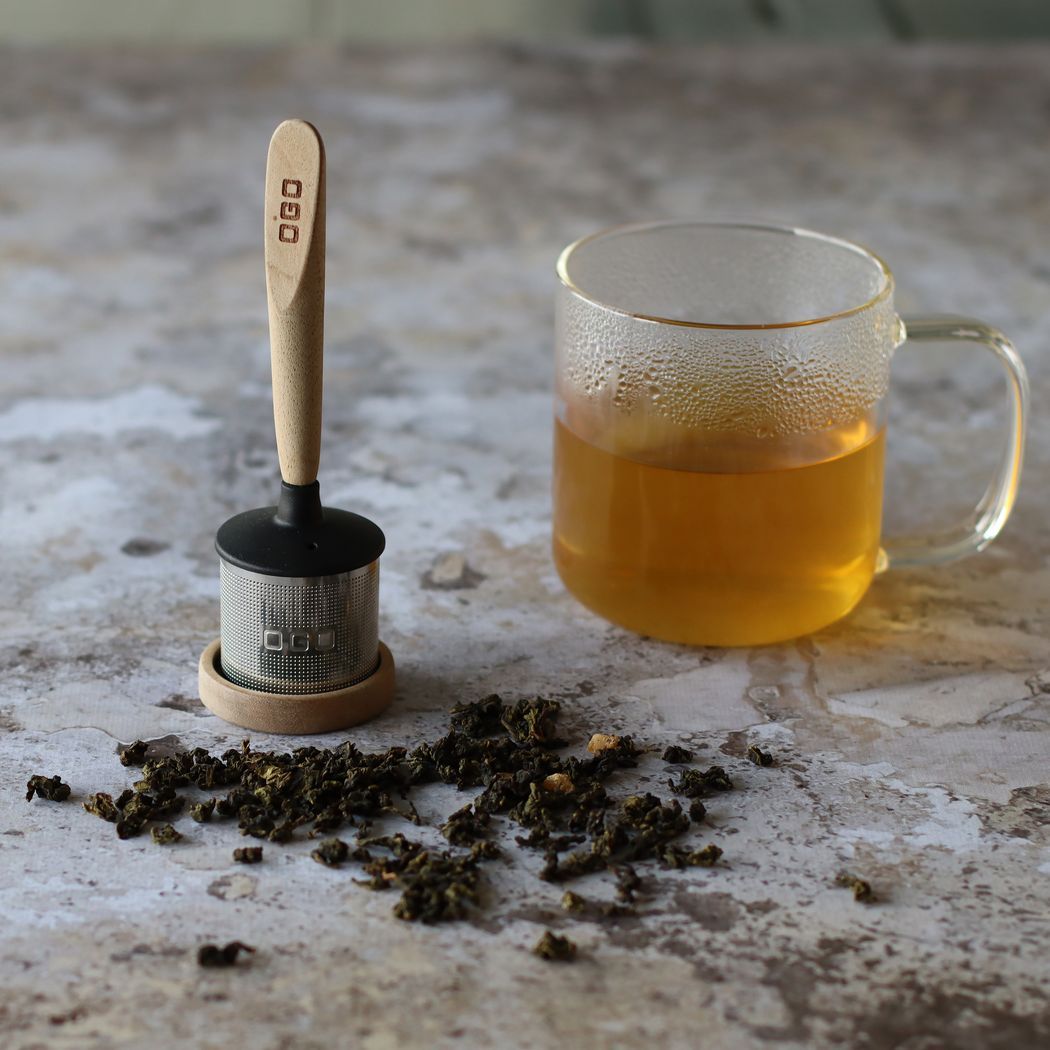


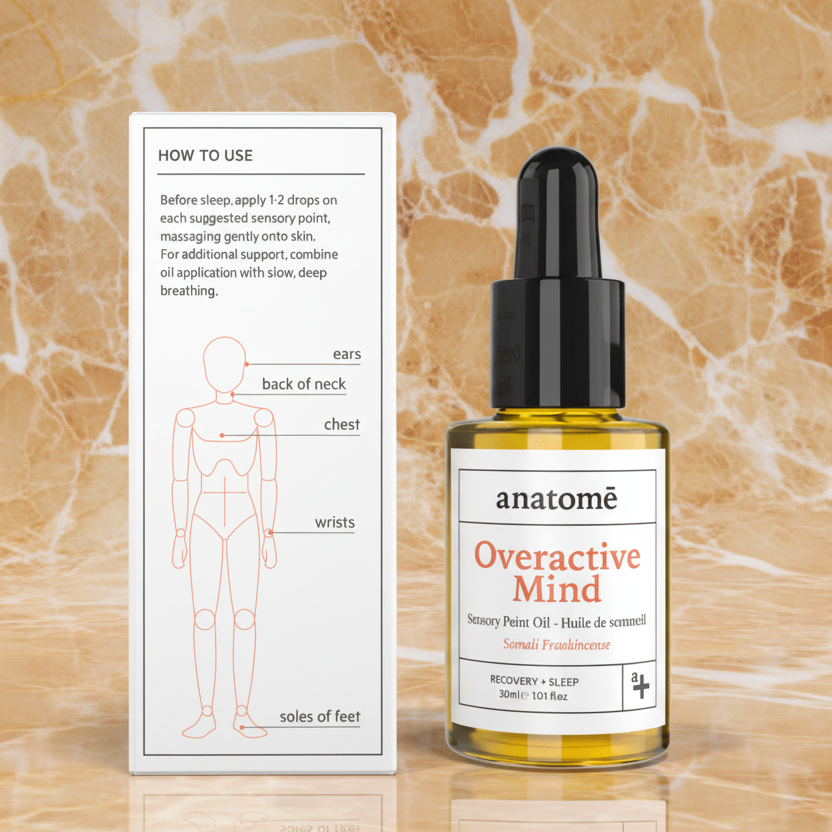

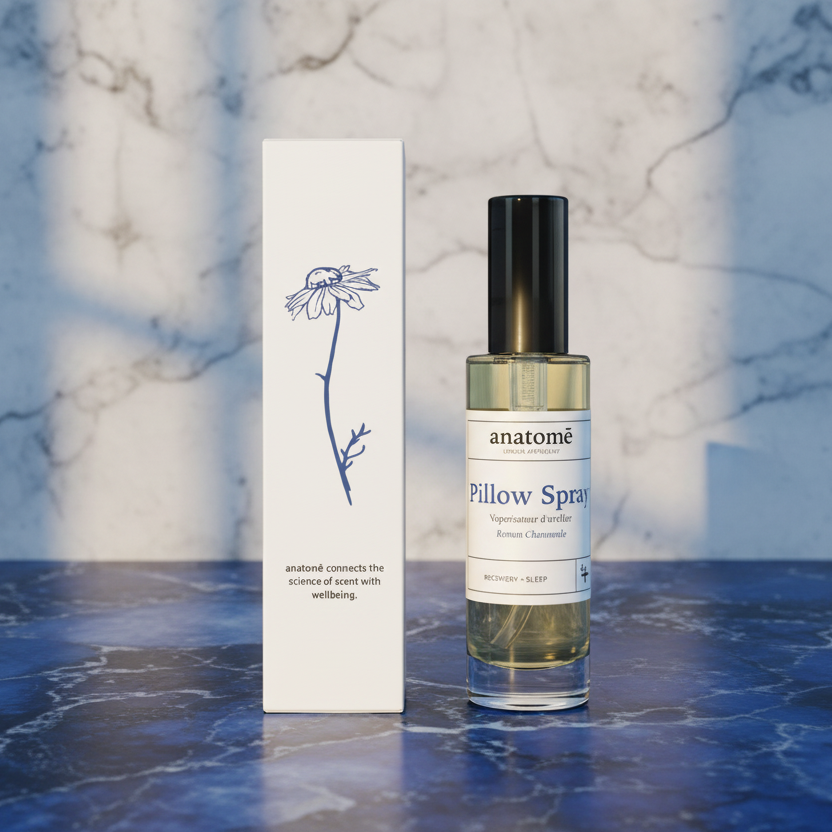
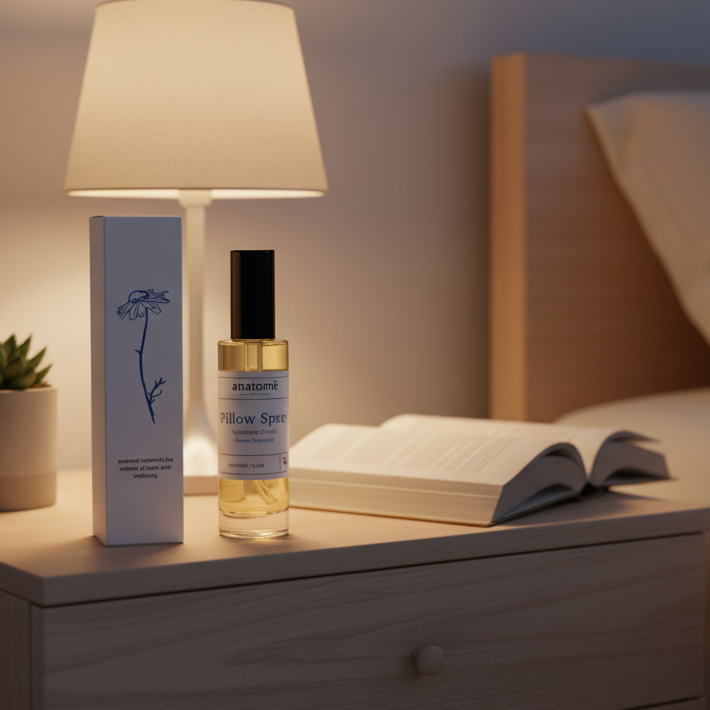

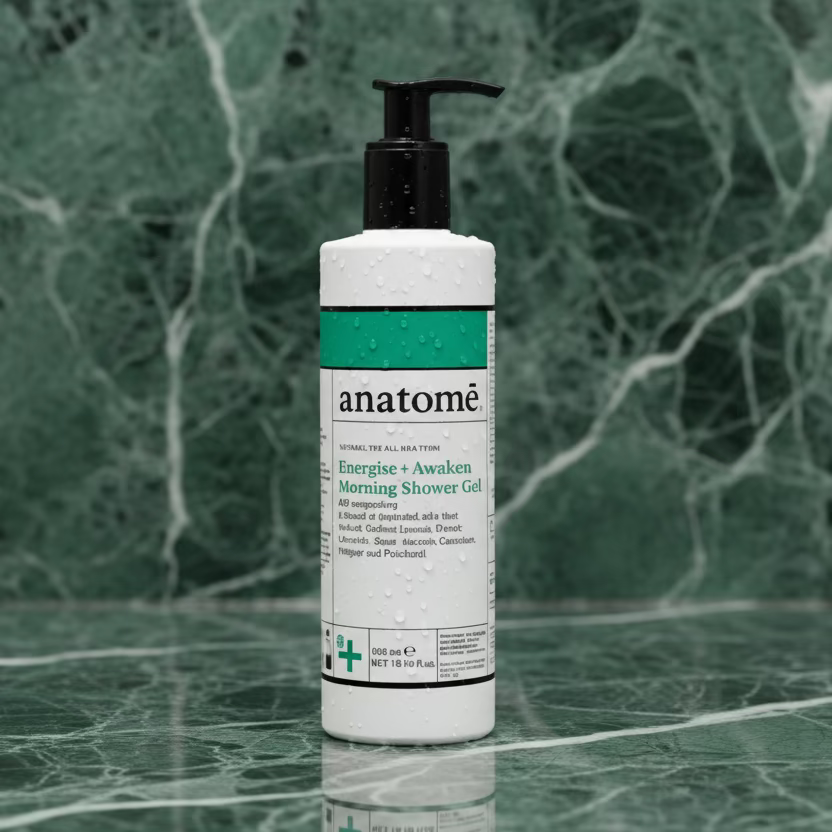

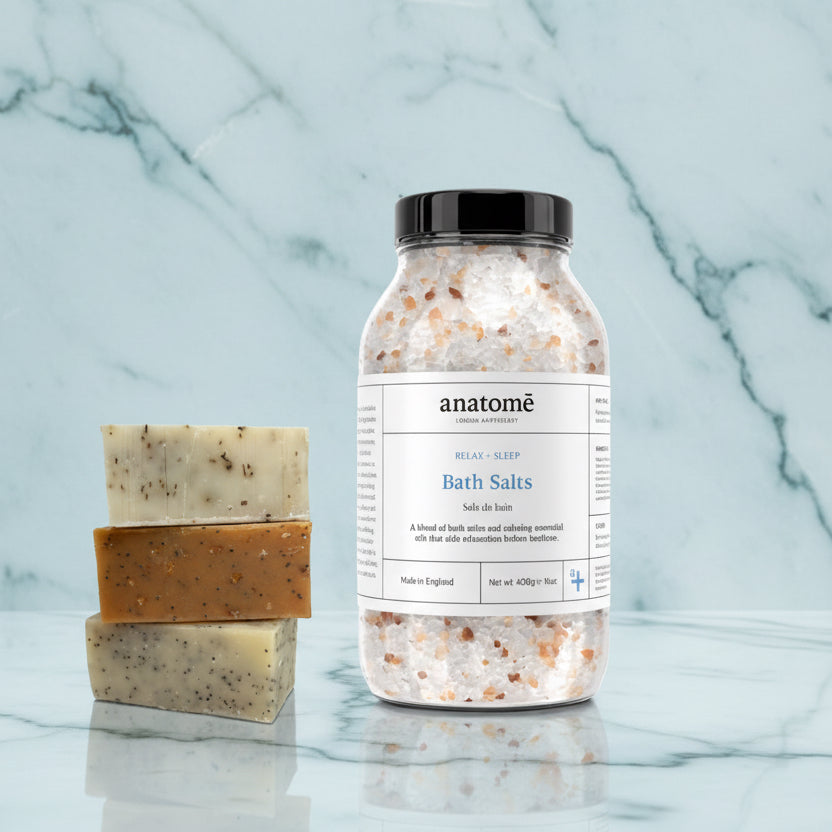
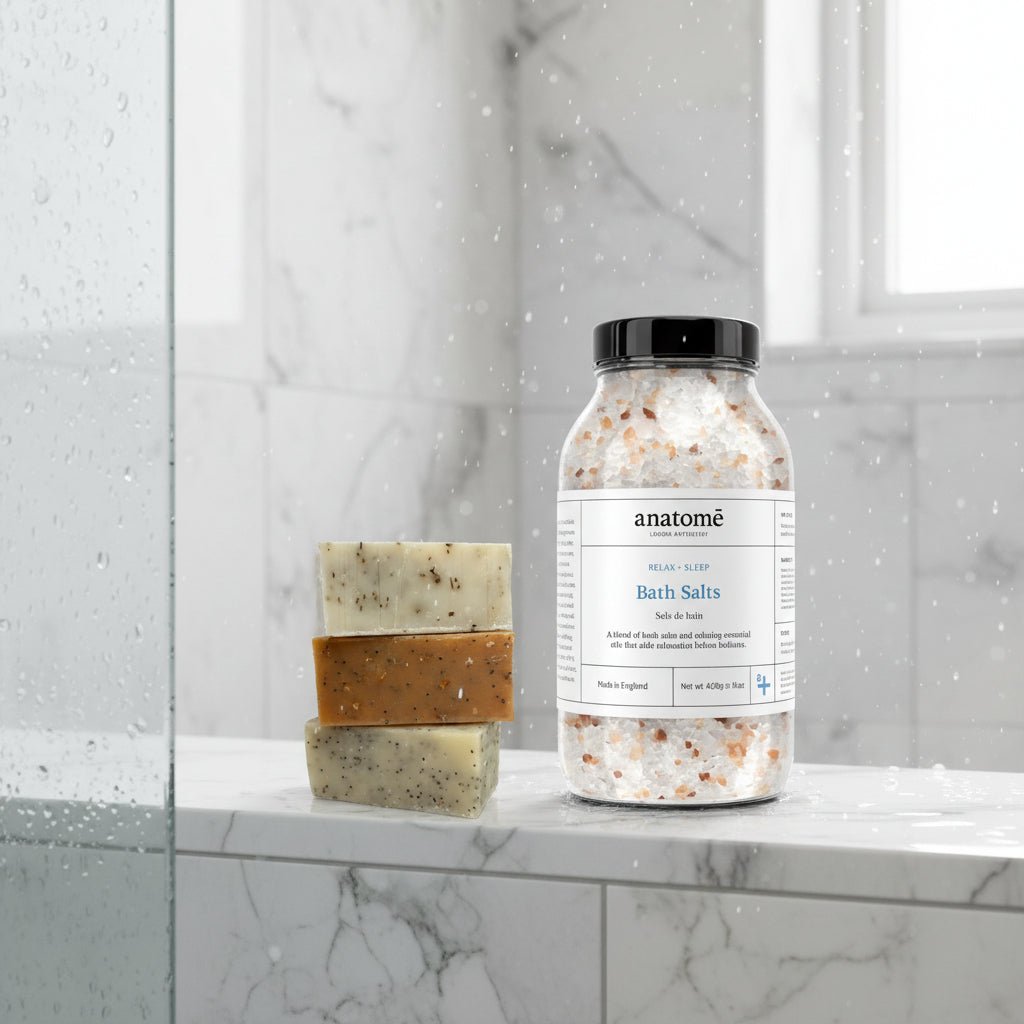
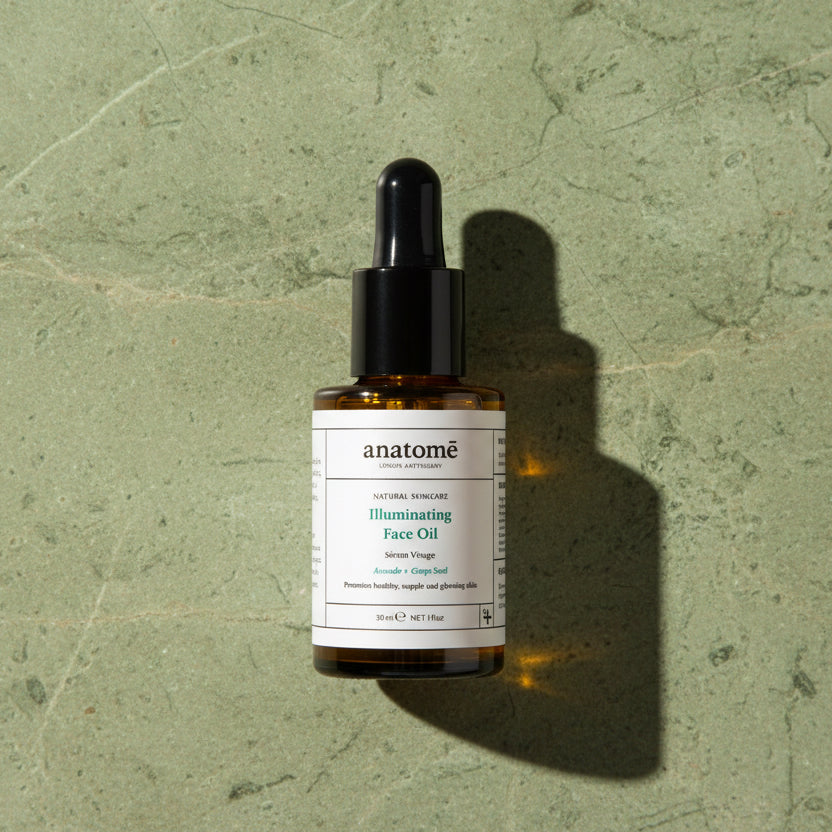
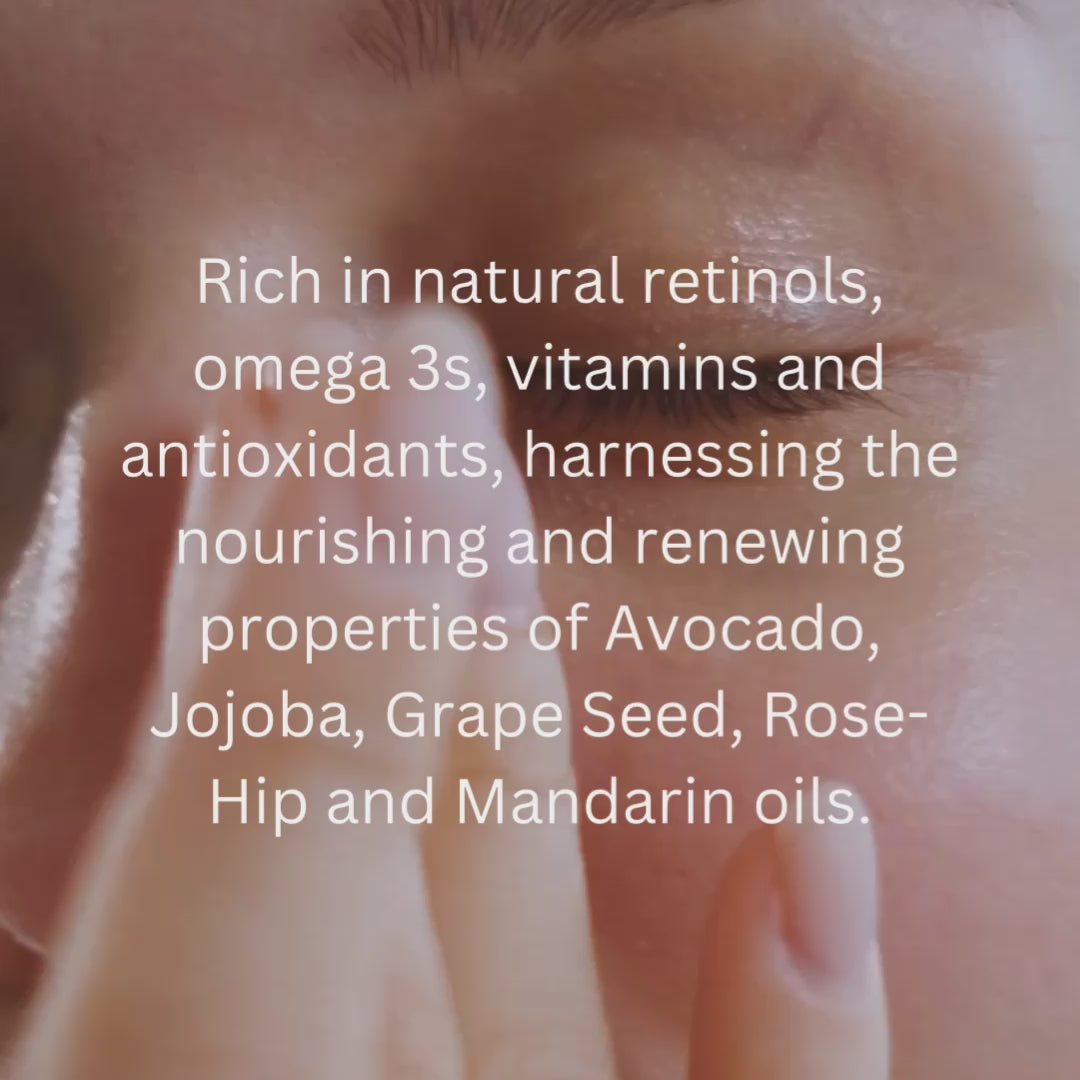
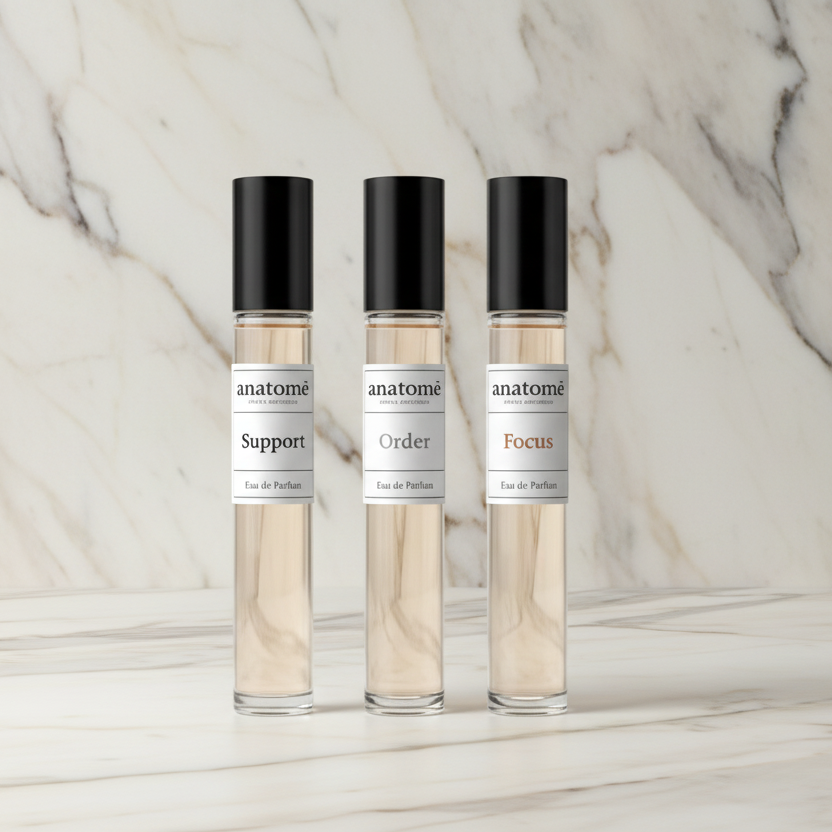

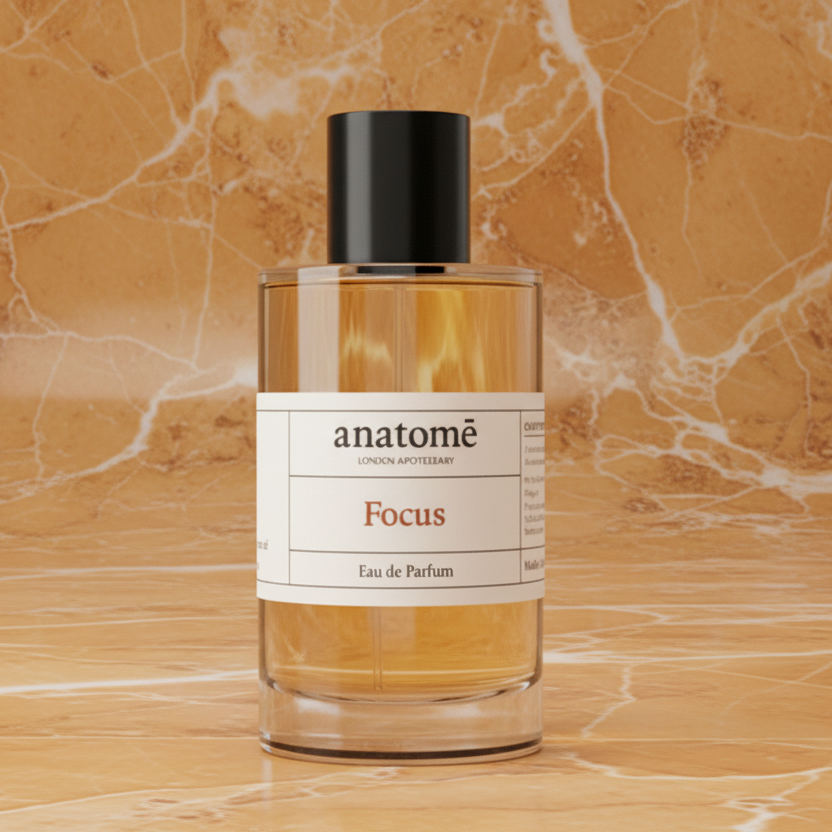

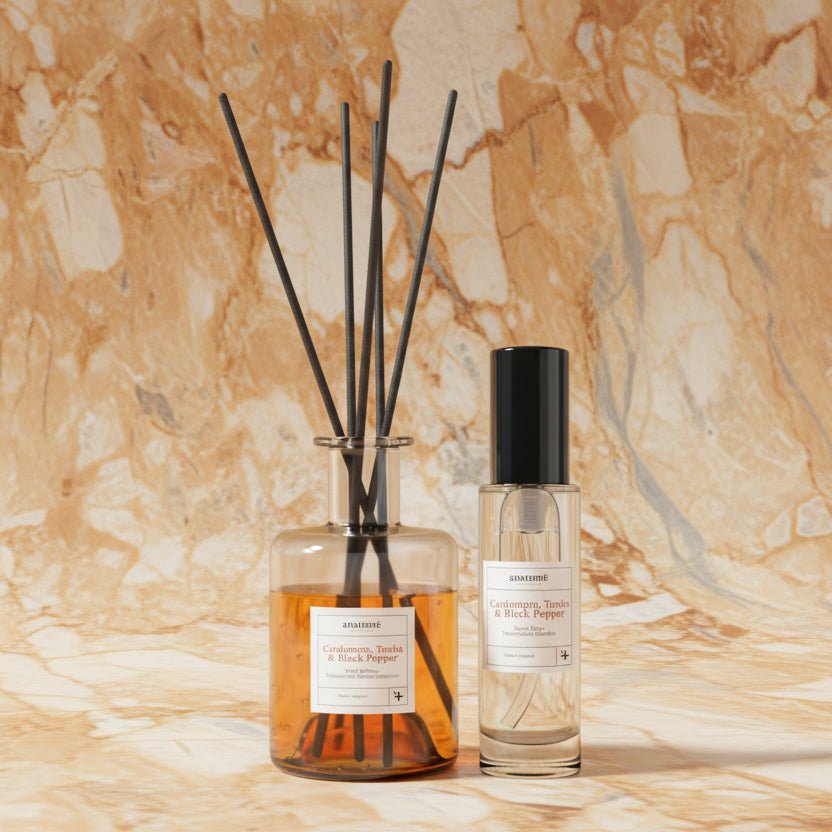
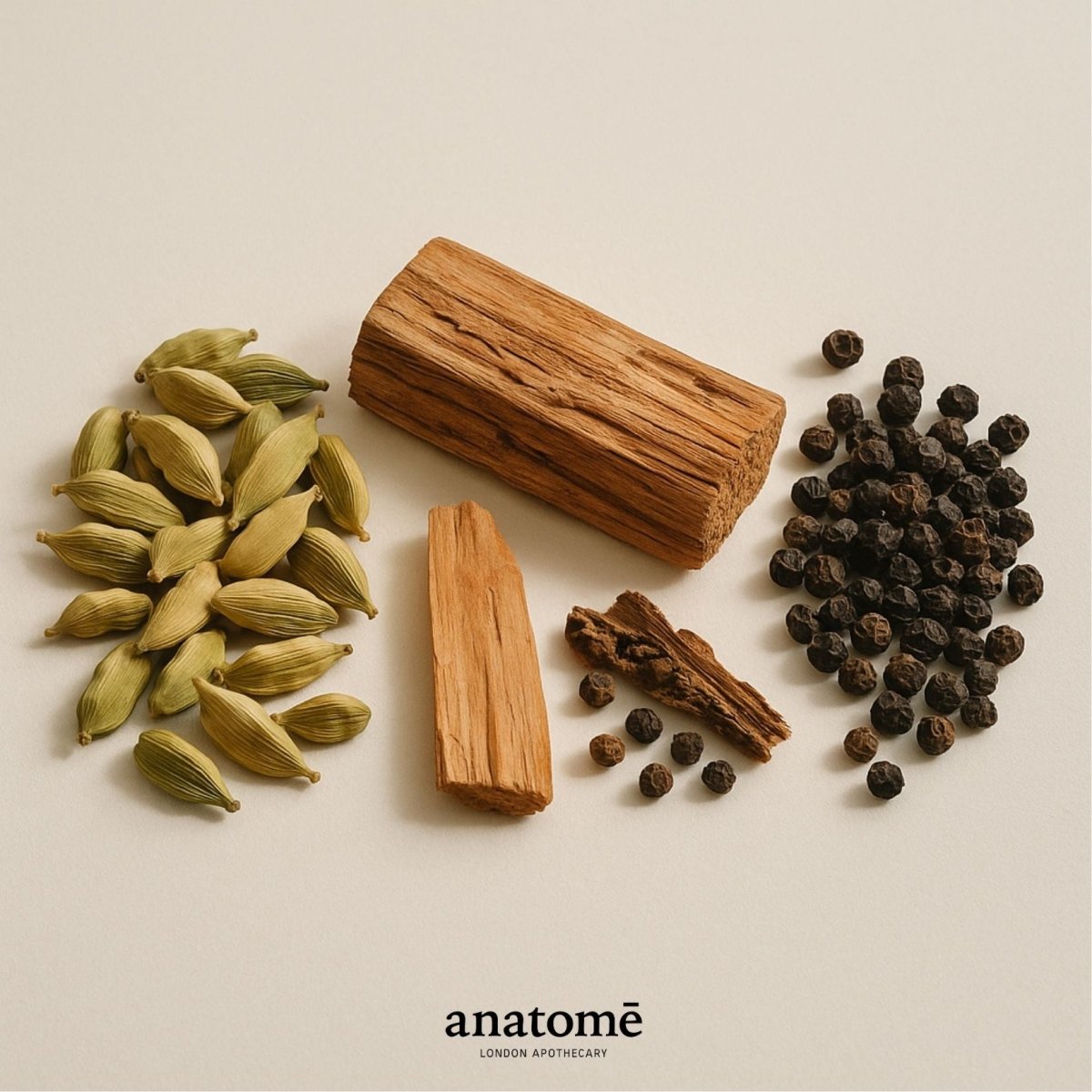
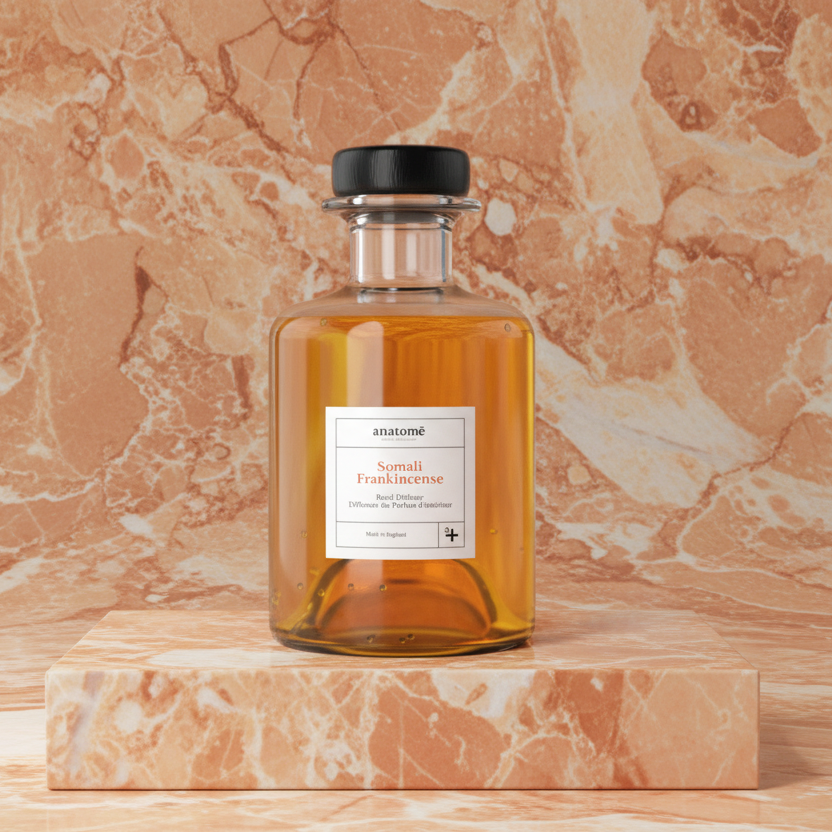
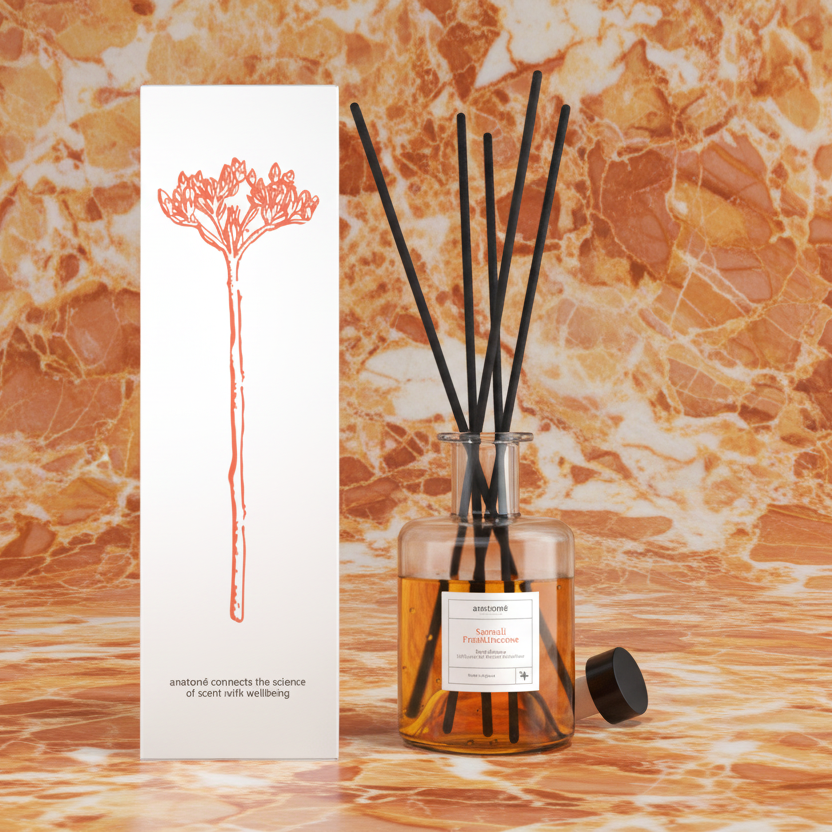
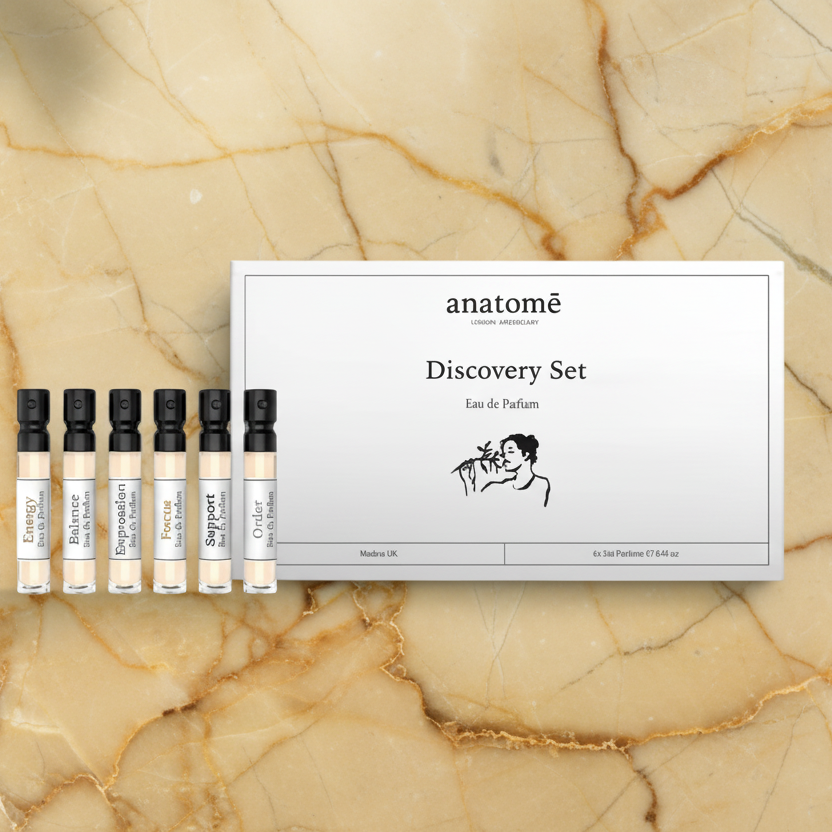
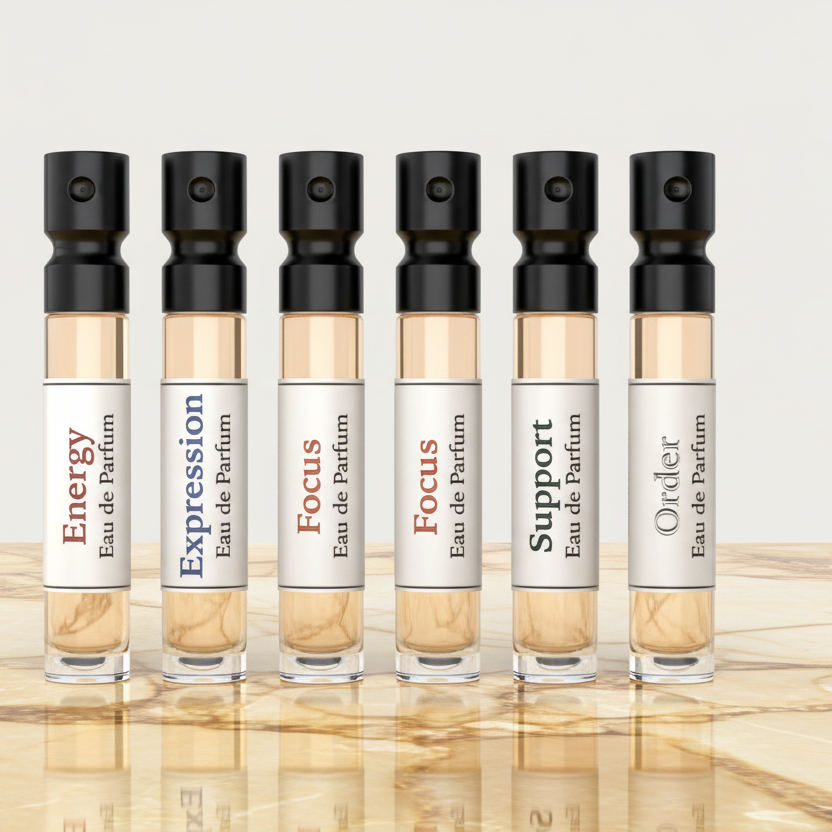


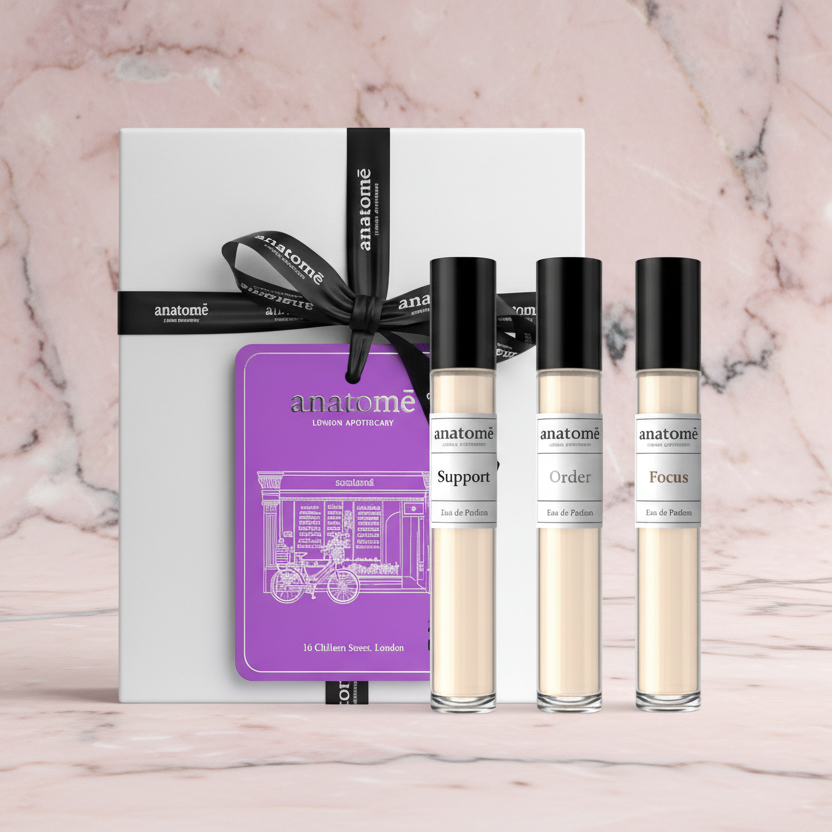
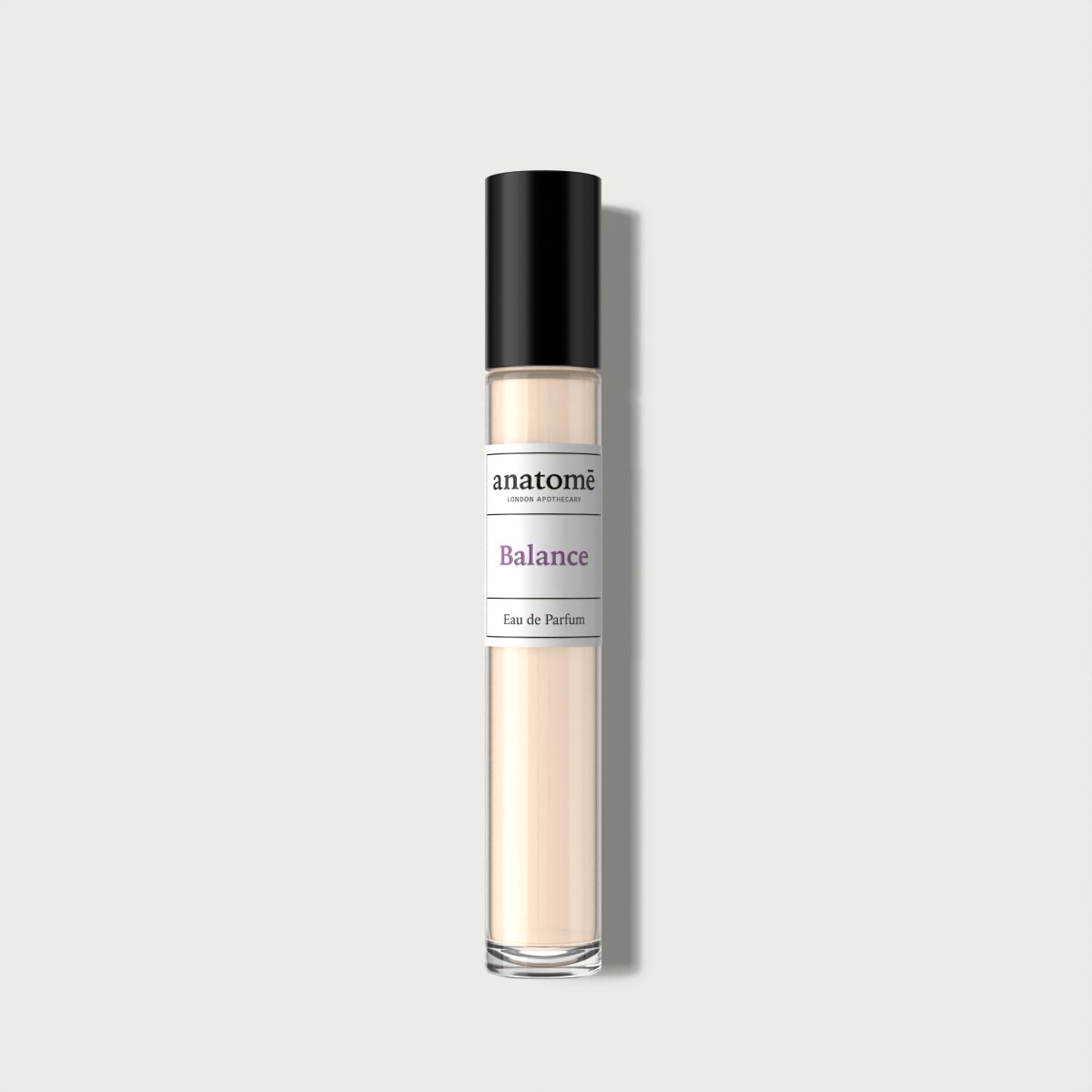











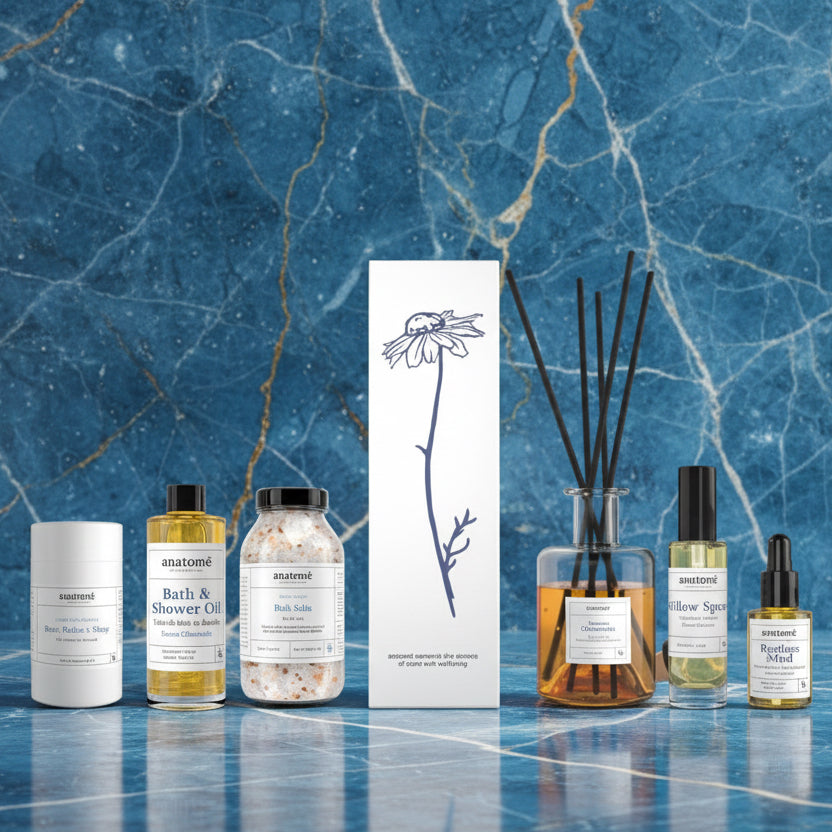
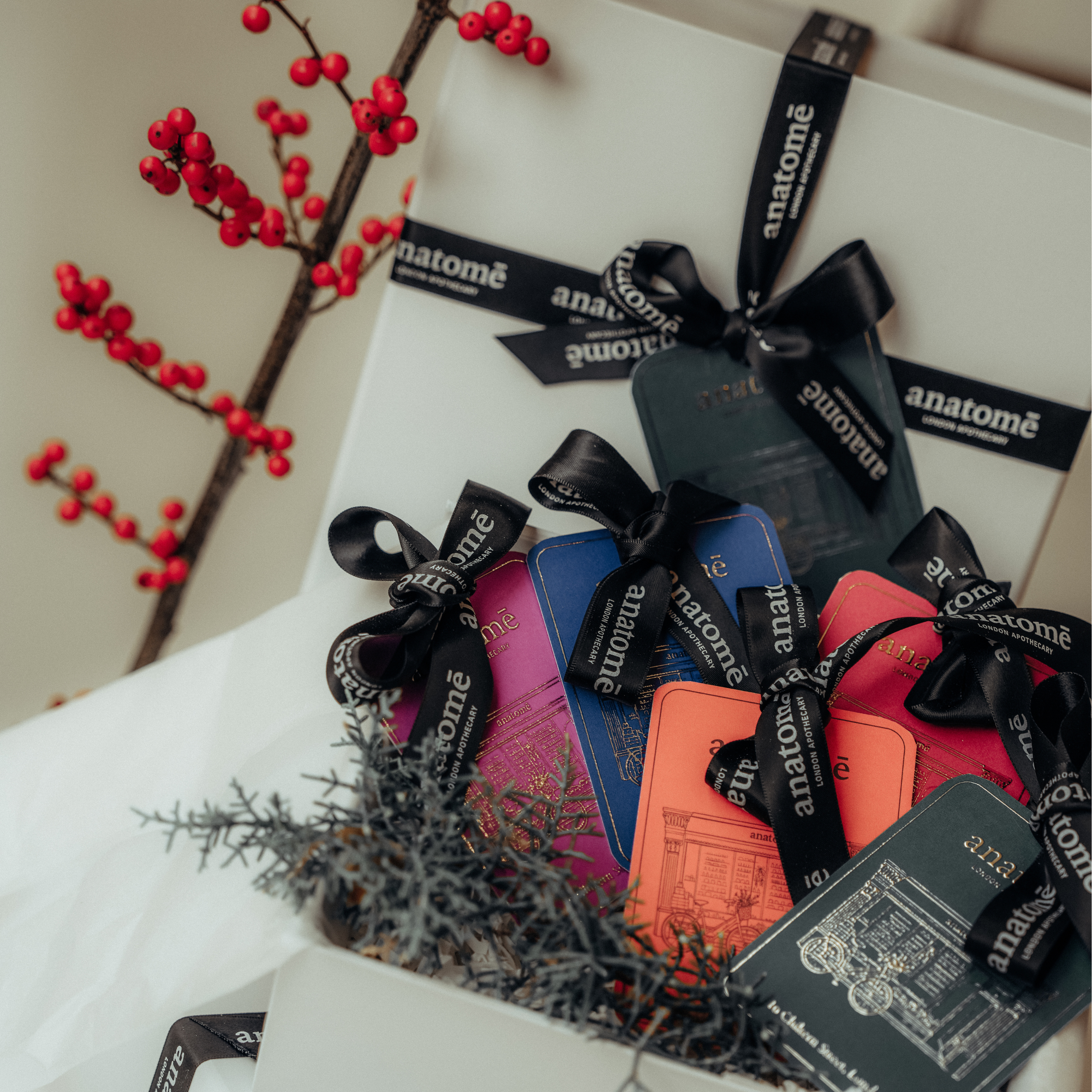
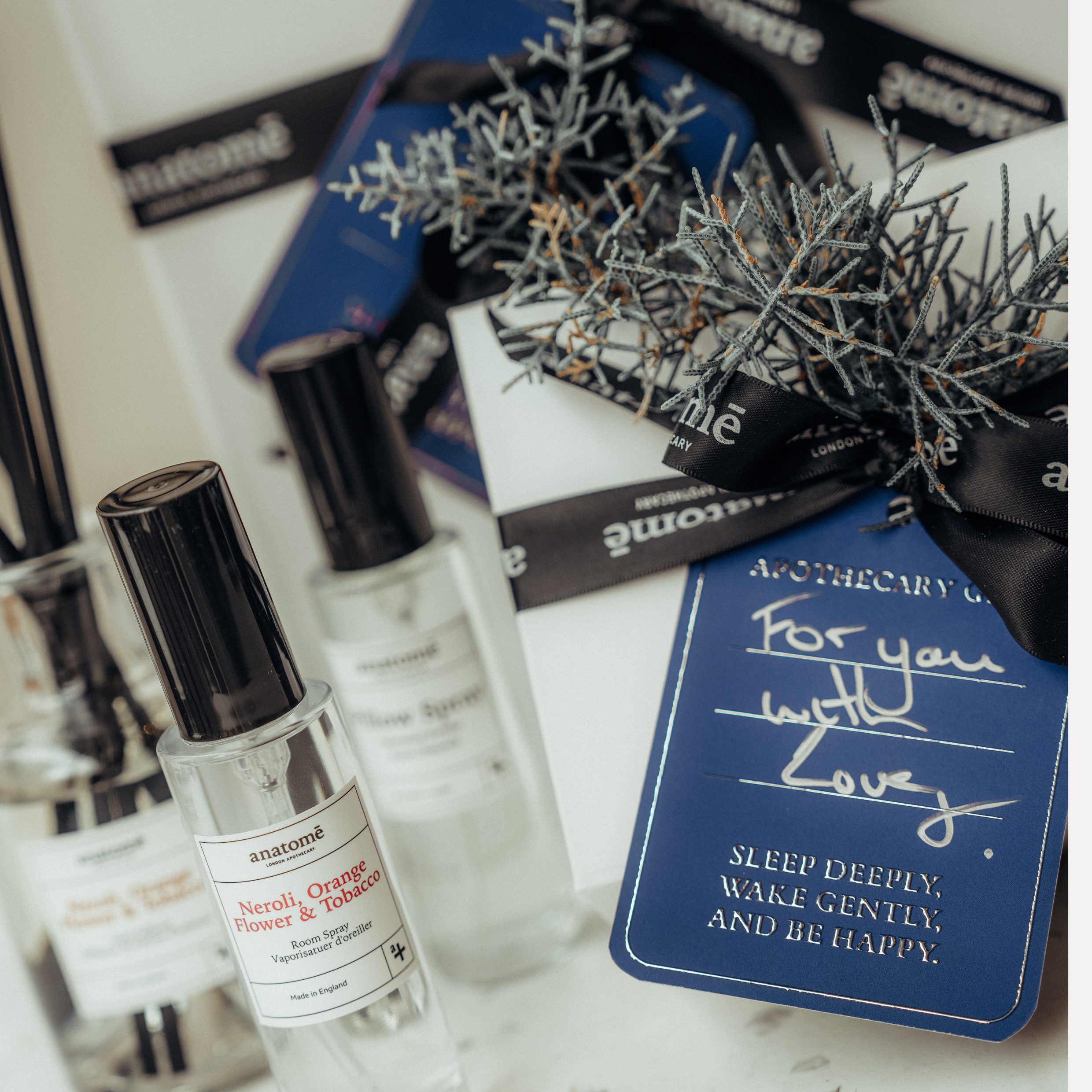
Leave a comment